From Seattle to Orlando, gardening a whole new ballgame
buzzy
10 years ago
Related Stories
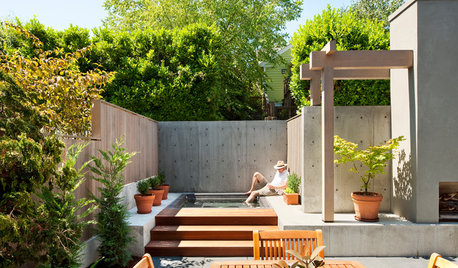
PATIOSCourtyard Comforts Make a Seattle Backyard a Joy
A new hot tub, fireplace, shower and even a mini stage take a backyard from uninviting to ‘Come on out!’
Full Story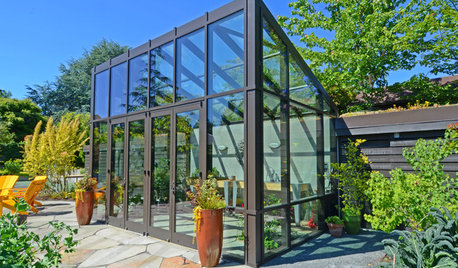
PATIO OF THE WEEKA Cozy Backyard Escape Warms Seattle Gardeners
Bold hues, a green roof, a functional greenhouse, a fire pit, an arbor and raised beds create a harmonious modern garden
Full Story
KITCHEN DESIGNKitchen of the Week: Organic Modernism in Seattle
Craftsmanship from top to bottom gives a linear kitchen overlooking Puget Sound a natural feel
Full Story
CONTEMPORARY HOMESHouzz Tour: Reading Shapes a Seattle Home
Written words drive the design of a house for aging in place, from a plethora of bookshelves to a personal word wall
Full Story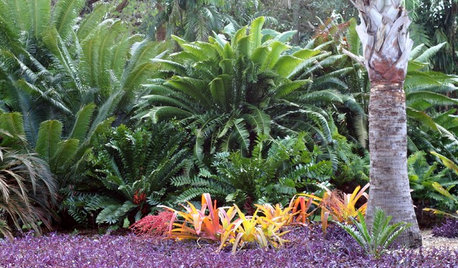
PLANTING IDEAS8 Design Tricks From Sunny Botanical Gardens
Take a yard from stale to stupendous with ideas from these expertly designed gardens in the U.S. Sunbelt
Full Story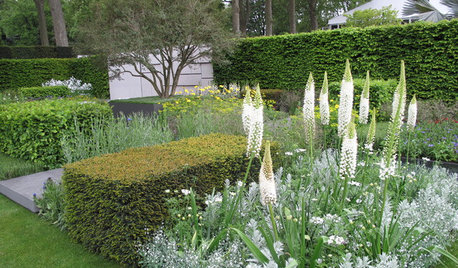
GARDENING GUIDESGreat Garden Ideas From the 2015 Chelsea Flower Show
Peruse inspiring plants, plant combinations and design ideas from London’s famed garden exhibition
Full Story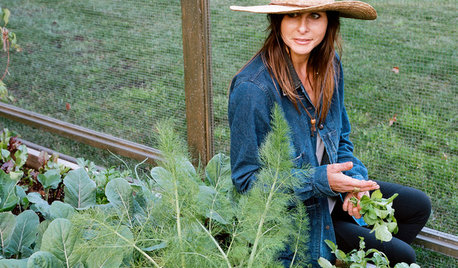
FARM YOUR YARDAdvice on Canyon Farming From L.A.'s Vegetable Whisperer
See how a screened garden house and raised beds help an edible garden in a Los Angeles canyon thrive
Full Story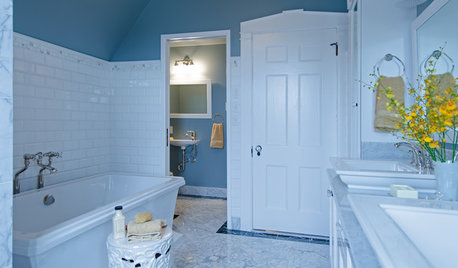
BEFORE AND AFTERSA Seattle Family Bathroom Gains Privacy and Polish
Too much togetherness, along with a major leak, leads to a full gut renovation of a 1908 bath
Full Story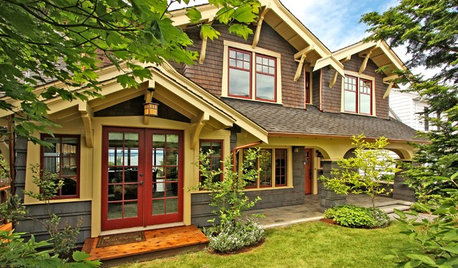
HOUZZ TOURSHouzz Tour: Major Changes Open Up a Seattle Waterfront Home
Taken down to the shell, this Tudor-Craftsman blend now maximizes island views, flow and outdoor connections
Full Story
MODERN ARCHITECTUREHouzz Tour: Pacific Northwest Landscape Inspires a Seattle Home
Sweeping views, an intimate courtyard and local materials create an inviting atmosphere
Full Story






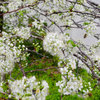
whgille
wildatheart
Related Professionals
Accokeek Landscape Architects & Landscape Designers · Doctor Phillips Landscape Contractors · Gainesville Landscape Contractors · Gaithersburg Landscape Contractors · Methuen Landscape Contractors · Seminole Landscape Contractors · Welby Landscape Contractors · Lakewood Decks, Patios & Outdoor Enclosures · Morgan Hill Decks, Patios & Outdoor Enclosures · Springfield Decks, Patios & Outdoor Enclosures · Decks, Patios & Outdoor Enclosures · Columbus Siding & Exteriors · Downers Grove Siding & Exteriors · Kirkland Siding & Exteriors · St. Louis Siding & ExteriorsbuzzyOriginal Author
zzackey
pnbrown
writersblock (9b/10a)
L_in_FL
whgille
buzzyOriginal Author
pnbrown
morningloree
zzackey
pnbrown